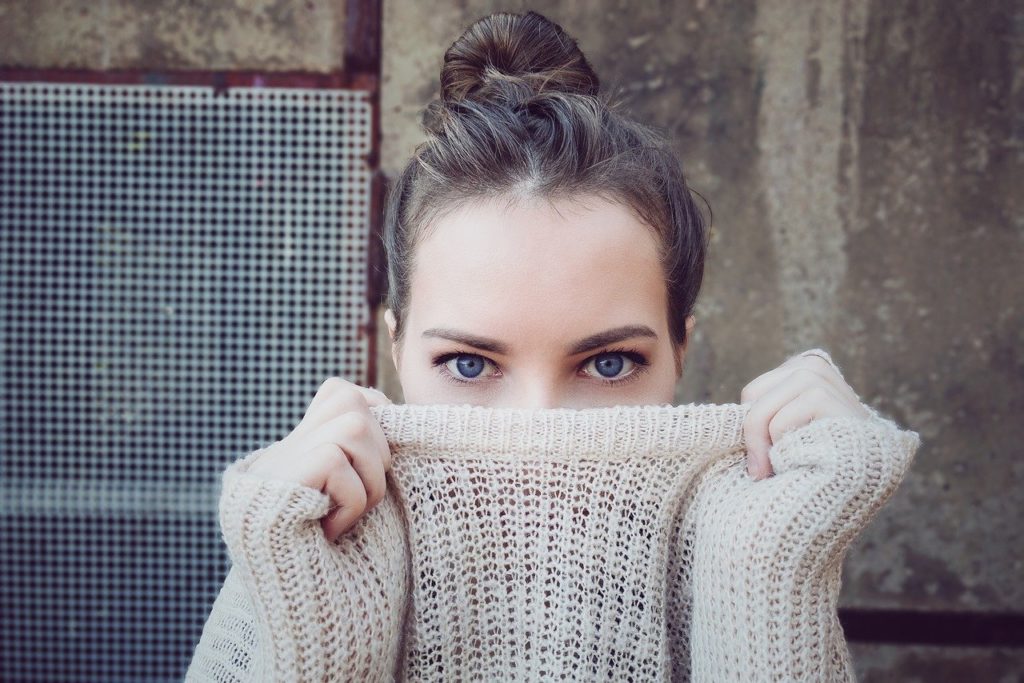Anyone who suffers from acne knows it can be extremely difficult to heal the skin and make it smooth and supple again. When you use cleaners and acne treatment to clear your current pimples, you also can prevent new ones from developing.
Though we can’t guarantee you’ll never have another blackhead, the tips below will reduce your acne issue and improve your skin’s health.

Why Does Acne Happen, Anyway?
Acne and blackheads mostly occur because of hormone changes in adolescence. The major culprit is androgen, which makes the skin produce sebum.
Other potential causes of acne include:
- Menstruation
- Squeezing zits
- Humidity
- Cleaning the skin too much
- Contact from helmets and hats
- Certain over-the-counter and prescription medications
- Not washing your face often enough
Clean Your Face
Your face should be washed at least one or two times a day with a face wash that contains benzoyl peroxide. Doing that will reduce skin inflammation and eliminate acne that causes zits.
Also, remove all your makeup and any accumulated dirt so you won’t have clogged pores. Some benzoyl peroxide users may be allergic, so you should stop using it if you develop a rash.
Eat Healthy Foods
We can’t say for certain that eating greasy food causes acne. But many scientists contend that consuming fewer carbohydrates and sugars may reduce acne breakouts.
It may help to keep a diary in which you note what you eat every day and compare to the periods when you suffer breakouts. Eating a diet rich in fruit, vegetables, and lean protein should help you avoid getting acne.
Understand Your Skin Type
Knowing the type of skin you have helps to avoid creams and treatments that might make your problem worse. Take a look at the guidelines below to get an idea of the kind of skin you have.
- Dry: The skin often has a dry and flaky feeling.
- Oily: The face usually has a shiny look in the late afternoon and evening.
- Combo: The face has oily and dry areas.
- Sensitive: The face can be irritated easily and often turns red.
Remember that people with oily skin usually develop more pimples. But anyone can suffer acne, no matter the kind of skin they have.
Wash Up After a Workout
Sweat sticks to the skin and may contain bacteria that cause acne. If you discover chest and back zits, try cleanings with benzoyl peroxide and see if that helps.
Don’t Use Makeup With Oil
Many people use makeup to cover acne. But if they contain oil, cosmetics may make the problem worse.
Products that contain cold cream or mineral oil are especially bad for the skin. All makeup should be based on water and free of oils. Makeup that has zinc oxide and silica absorbs oil and reduces red skin.
What About Scarring?
Most people don’t get scars from acne. However, some may experience more intense breakouts that scar the skin.
This can happen when acne gets into the deeper skin layers. If you have acne scars, there are cosmetic procedures that can reduce the problem and even eliminate most acne scars.
Some of the treatments that are highly effective are:
- Laser resurfacing. Lasers are often used to eliminate acne scars. This works by heating the damaged collagen beneath your skin. Then the body’s wound-healing abilities create new, healthy skin. Your doctor can use either ablative or non-ablative lasers; he or she will decide which would be best for your skin type.
- Chemical peels. This cosmetic procedure uses chemicals to remove the skin’s top layer. New skin grows in its place which will make the scars less visible.
If you try all these fixes and still retain zits, it may be time to visit a dermatologist’s office. They’ll have prescription products that are more powerful and can tame the worst breakouts. And they should prevent the acne from returning.







Leave A Comment